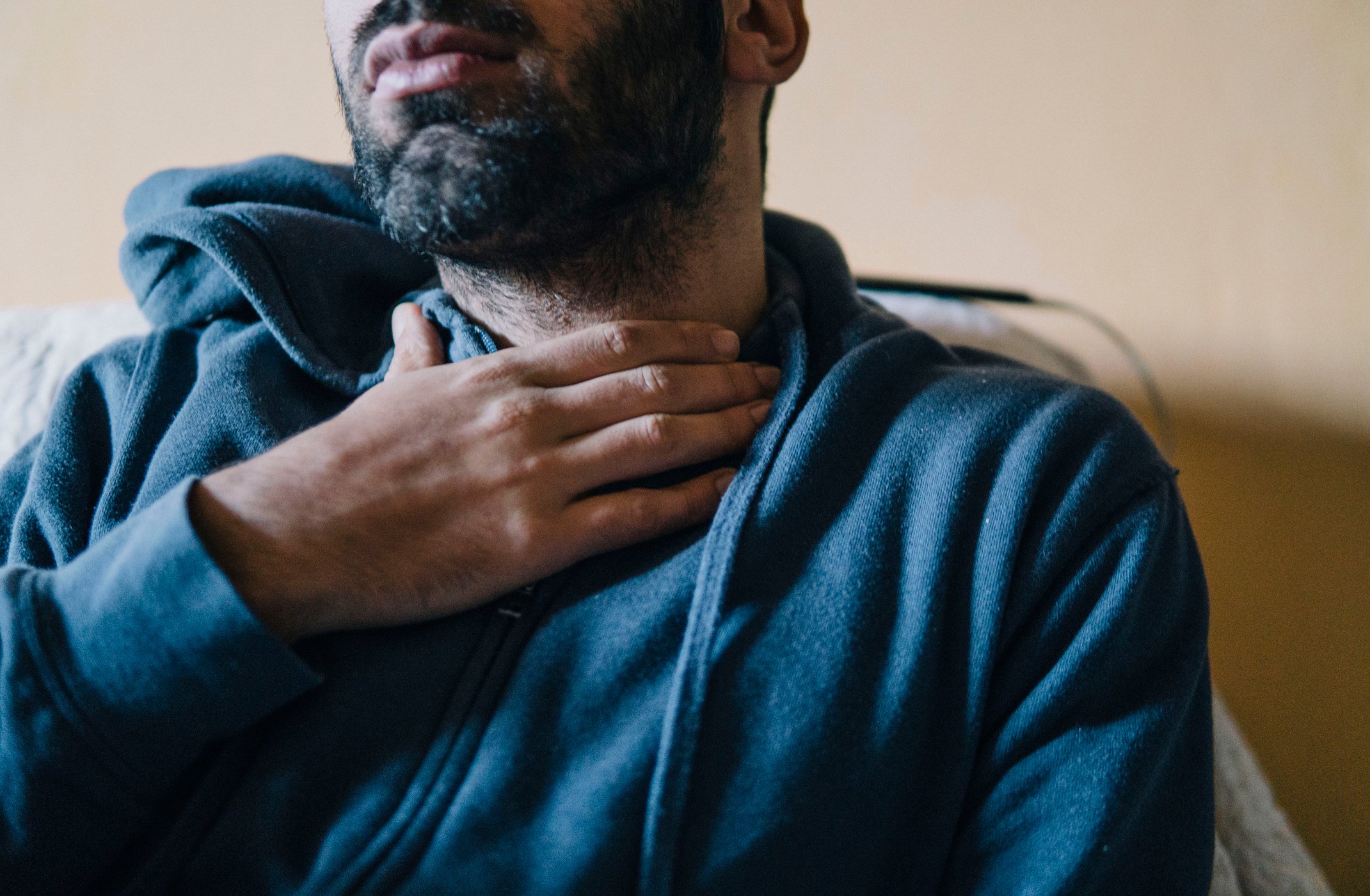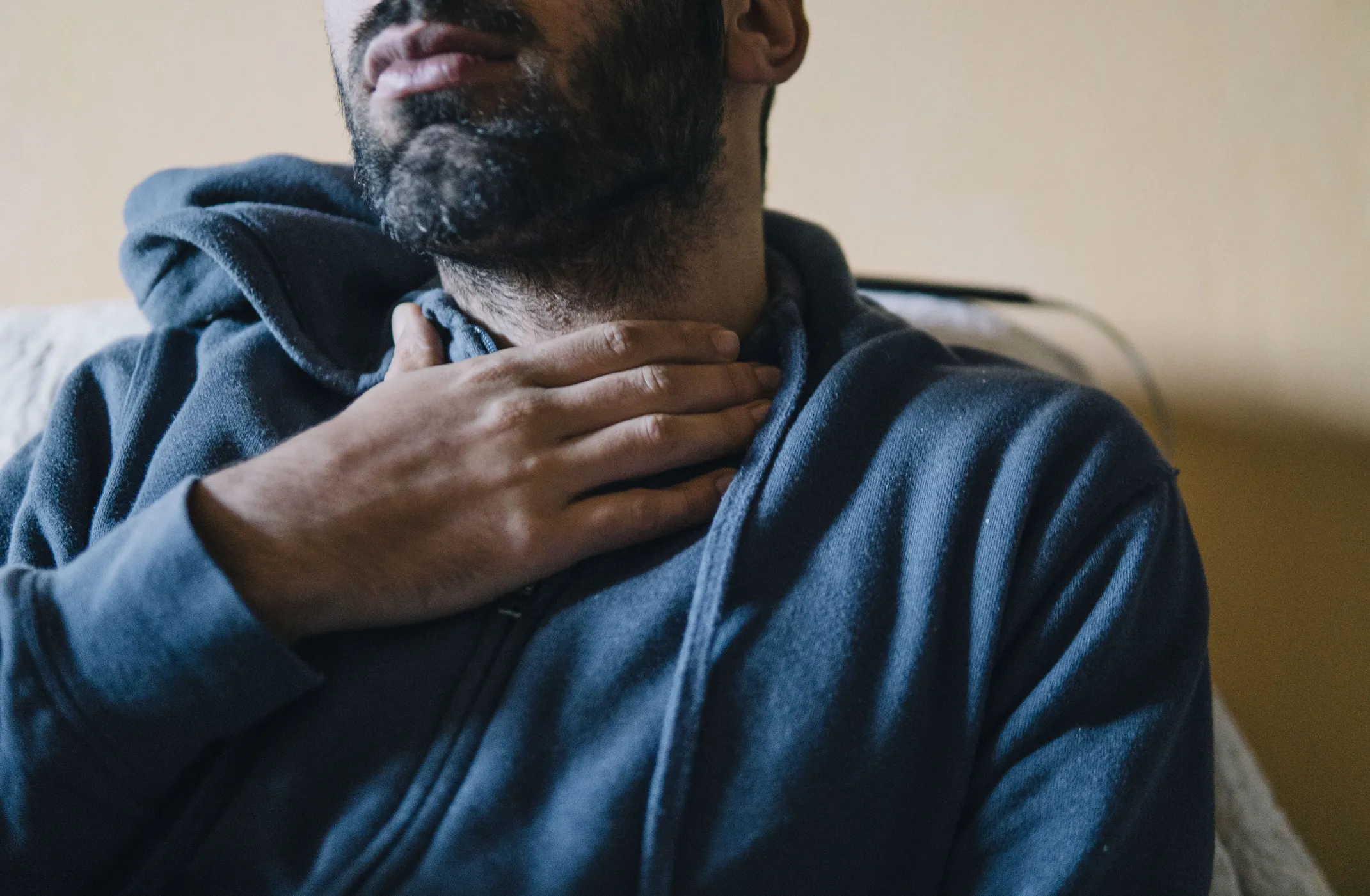Hoarse? Speech Therapy Can Help You Strengthen Your Voice
Do you have a sore throat?
If you often end your work day with a hoarse or raspy voice or a sore or irritated throat, it may be helpful to see an ear, nose and throat physician who may refer you to a speech-language pathologist (SLP).

Misusing your voice can have long-term effects.
While vocal issues can be caused by illness, allergies, reflux or other more serious concerns, they are often caused by misuse of the voice. If you have been improperly using your voice over time, it can have long-term effects on the vocal cords. For those whose voices are important to their vocations, such as teachers, clergy members or salespersons, these problems can be especially bothersome.
Voice concerns can vary from person to person and deserve attention if they include any of the following symptoms:
- A scratchy, strained or hoarse voice lasting for longer than a week
- A strained feeling in the neck or throat
- A "catch" in the throat
- Difficulty projecting/raising your voice, particularly after a full day
- Any change to your normal voice
Voice therapy can improve voice quality
During voice therapy, a SLP can help you re-learn how to use your voice in a way that reduces symptoms and any possible impact to your vocal cords. The SLP will begin by assessing your speech quality and screening you for a voice disorder. Your therapist will likely also work with other specialists to confirm your diagnosis.
Depending on your particular situation, the therapist will then work with you to make positive changes to the way you use your voice with breathing, postural, muscle and relaxation exercises, as well as vocal exercises.
Changes to your environment may also help
Environmental changes, like the following, are often helpful in improving voice health. Any SLP will request these as part of your voice improvement regimen:
- Vocal rest or reduced volume
- Proper hydration and nutrition
- Quitting smoking, as well as second-hand smoke exposure
- Reducing alcohol intake
Celeste B. Luna M.S., CCC-SLP, CBIS, is a speech-language pathologist who practices with Chesapeake Regional Medical Center’s Rehabilitation Services Department. She is a Clinical Brain Injury Specialist whose specialty is treating patients with mild to severe brain trauma.
